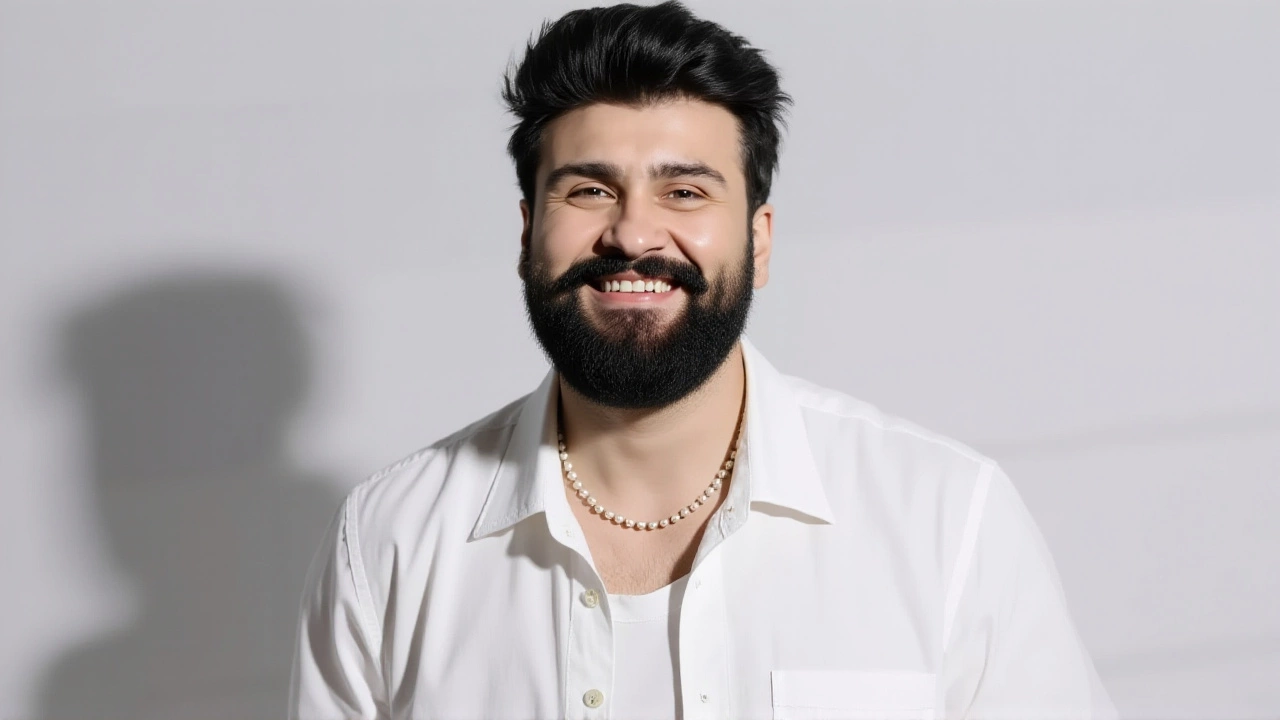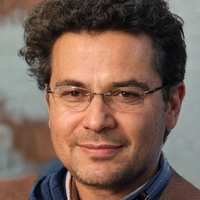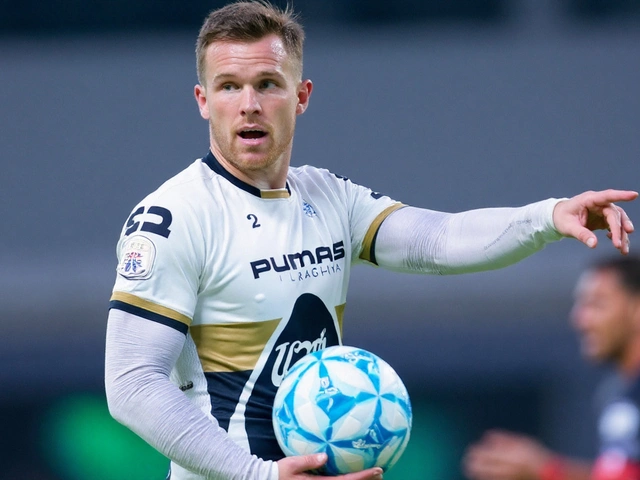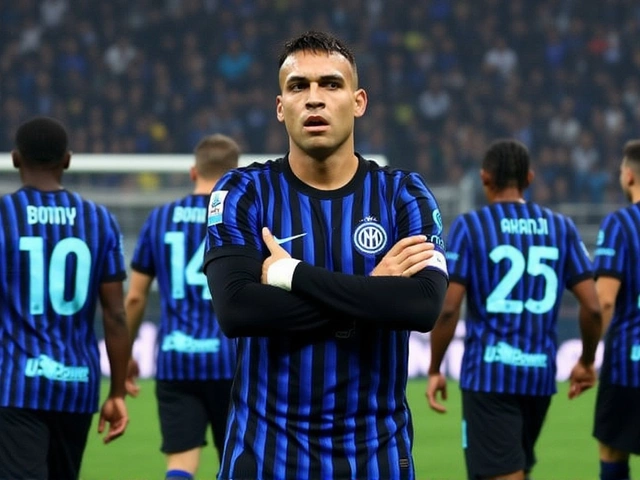On Wednesday, November 19, 2025, International Men's Day will unfold across nearly 80 countries with a nine-hour global webcast starting at 3:00 PM Sydney time — a deliberate bridge to International Children's Day on November 20. Organized by the team behind International Men's Day (internationalmensday.com), the event centers on the theme "Celebrating Men and Boys," aiming to spotlight the quiet contributions of fathers, mentors, and community leaders — even as suicide rates among men remain alarmingly high in nations like India, where mental health stigma still silences millions.
Why This Matters Now
It’s easy to assume men don’t need special attention — after all, they’ve long dominated headlines in politics, business, and sports. But the reality is more fragile. According to Economic Times, men account for over 75% of all suicide deaths in India alone, and similar patterns hold in the UK, Australia, and the U.S. Many never seek help. Not because they’re strong, but because asking for support feels like weakness. The International Men's Day webcast isn’t just a celebration — it’s a lifeline. Organizers know this. That’s why they’re inviting educators, health workers, and everyday fathers to tune in, not just as spectators, but as participants in a global conversation.
The Webcast: Nine Hours, One Message
From 3:00 PM to midnight AEDT, the webcast will feature voices rarely heard in mainstream media. John Lund, assistant program manager for Creative and Leisure with Hair, Beauty and Sport at UCM, shared a personal video message on the day. "My dad played for Burnley," he said, voice thick with memory. "He had to retire at 17. That shaped me. Watching kids find their footing in sport — that’s what keeps me going." His story isn’t unique. It’s typical. Many men carry unspoken burdens — injuries that ended careers, fathers who never talked about feelings, sons who learned silence was strength.
The lineup includes activists, psychologists, athletes, and prison outreach workers — all united by one goal: showing boys that vulnerability isn’t failure. One speaker, a former rugby player turned counselor in South Africa, plans to recount how he nearly died alone in his apartment after a career-ending injury. "No one asked if I was okay," he said. "They just said, ‘You’re a man. Get over it.’"
November: A Month of Male Recognition
November is quietly becoming the most important month for men’s issues. Movember — the mustache-growing fundraiser for prostate and mental health — runs all month. Men’s Equality Month pushes for equal access to parental leave, mental health services, and education support. And then, on November 20, International Children's Day arrives, tying fathers and male role models directly to the next generation. Organizers call it a 48-hour window where men are seen not just as providers, but as nurturers.
"It’s not about competition," says one organizer in a behind-the-scenes interview. "It’s about connection. When a boy sees his dad cry at a game, or help with homework, or admit he’s scared — that’s progress. That’s what we’re trying to normalize."

Corporate Silence and the Real Challenge
While brands pour money into Women’s History Month or Pride, few invest meaningfully in International Men's Day. LBBOnline asked bluntly: "Should brands show up?" The answer, according to analysts, is yes — but only if they move beyond hashtags. Real engagement means funding men’s mental health hotlines, training coaches to spot signs of distress, and hiring male counselors in schools. A 2024 study by the Global Men’s Health Initiative found that workplaces with active male mental health programs saw a 34% drop in absenteeism and a 22% increase in employee retention.
What Comes Next?
The webcast ends at midnight Sydney time — but the work doesn’t. Schools in Canada are already planning "Dads in the Classroom" days for December. In Nigeria, community leaders are training barbers to recognize signs of depression — men talk more openly while getting a trim. And in the UK, a new pilot program lets fathers take paid mental health days — no questions asked.
Change won’t come from a single day. But it can start with a conversation. With a video. With a father saying, "I’m not okay," and being met not with silence, but with a hug.
Frequently Asked Questions
How does International Men's Day differ from Movember?
While Movember focuses primarily on fundraising for physical health issues like prostate cancer and testicular cancer through mustache-growing campaigns, International Men's Day addresses broader social, emotional, and psychological well-being. It highlights male role models, challenges mental health stigma, and promotes positive relationships between men and children — making it a more holistic observance centered on identity and community, not just medical awareness.
Why is the webcast timed to end just before International Children's Day?
The timing is intentional. By ending the webcast at midnight Sydney time on November 19, organizers create a seamless 48-hour period of recognition that links men’s well-being directly to their relationships with children. The goal is to show that when men are supported emotionally, they become more present, patient, and engaged fathers and mentors — strengthening the next generation from the ground up.
What role do schools play in International Men's Day?
Schools are critical. In countries like Australia and Canada, educators are using the day to bring in male mentors — from firefighters to teachers — to talk about resilience, failure, and emotional honesty. Some classrooms now hold "Men’s Stories" circles where boys share experiences without judgment. Early data shows this reduces bullying and improves emotional literacy among boys aged 10–16.
Are there any statistics showing progress in men’s mental health?
Yes. A 2024 WHO report found that countries with public awareness campaigns tied to International Men's Day saw a 19% increase in men seeking therapy within six months. In Ireland, calls to men’s helplines rose 41% after a national TV campaign in 2023. Still, suicide rates remain stubbornly high — proving awareness alone isn’t enough. Access to affordable, male-friendly counseling is the next frontier.
Who is John Lund, and why is his story significant?
John Lund, assistant program manager at UCM, represents the quiet, everyday men who shape lives without recognition. His story — of a father whose football career ended at 17, and his own passion for guiding young athletes — mirrors millions. He doesn’t preach. He just shows up. That’s the power of his message: real change comes not from celebrities, but from teachers, coaches, and dads who choose presence over perfection.
Why isn’t International Men's Day as widely promoted as other global days?
Partly because men’s issues are often seen as "less urgent" or "already privileged." But that’s a myth. Men die younger, are less likely to seek help, and face higher rates of workplace fatalities and homelessness. The lack of promotion reflects societal discomfort with male vulnerability, not lack of need. Grassroots organizers are pushing back — quietly, persistently — because they know silence kills.





